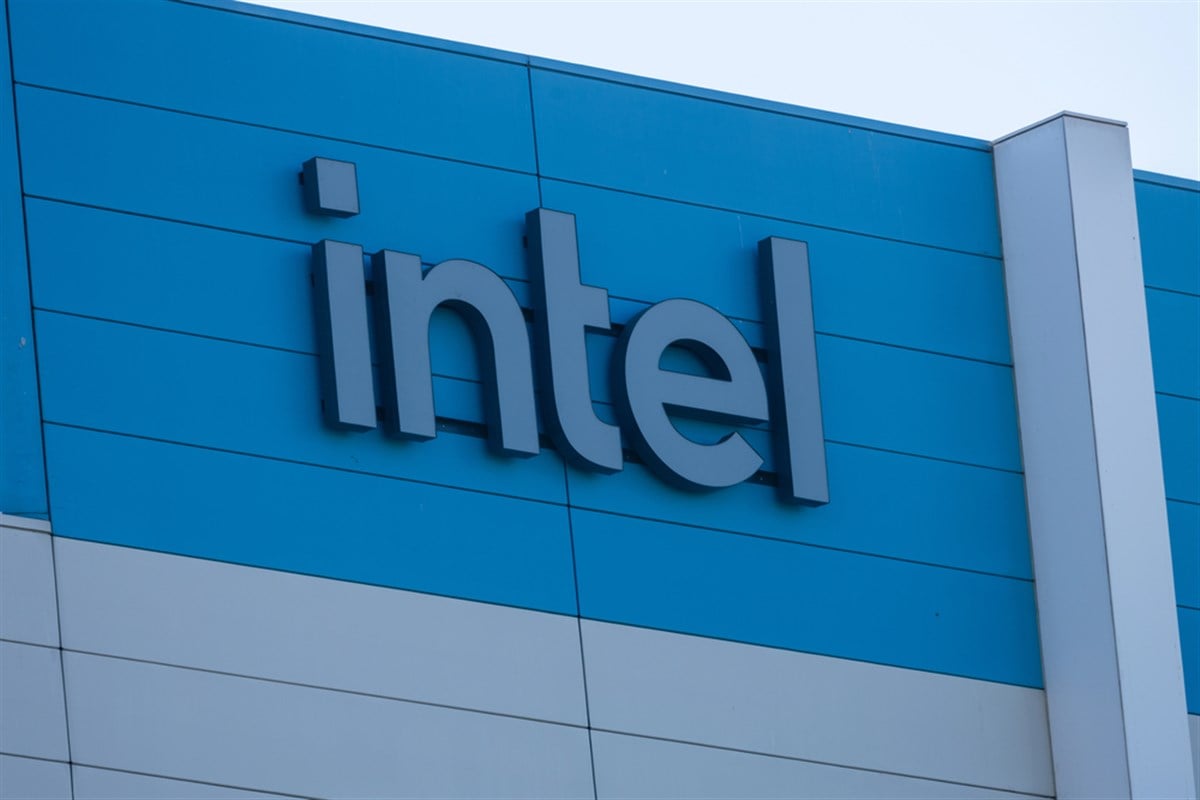
Intel Corporation (NASDAQ: INTC) initiated a significant portfolio reshaping with the announcement on Apr. 14, 2025, that it has entered into a definitive agreement to sell a 51% controlling interest in its Altera programmable chip business.
[content-module:CompanyOverview|NASDAQ:INTC]Through this transaction, the buyer, private equity firm Silver Lake, a global technology investor, sets Altera's total enterprise value at $8.75 billion.
This move represents one of the first major strategic decisions under the leadership of CEO Lip-Bu Tan, signaling a clear intent to streamline the semiconductor giant.
While Intel will retain a substantial 49% minority stake in the independent Altera, the divestment is primarily driven by a stated need to sharpen focus on core business segments while simultaneously strengthening its financial position for the demanding road ahead.
This strategic pivot, however, comes at a considerable financial cost, forcing market participants to weigh the benefits of renewed focus against the price of correcting past strategies.
From Billion-Dollar Buy to Strategic Sale
Intel's acquisition of Altera in 2015 for $16.7 billion aimed to integrate Altera's Field-Programmable Gate Arrays (FPGAs) with Intel's server CPUs to capture growth in the data center market. However, the recent deal valuing Altera at $8.75 billion highlights the acquisition's failure to deliver on its initial promise.
Altera's financial performance under Intel's ownership further reflects this struggle. In the fiscal year 2024, Altera generated $1.54 billion in revenue and $35 million in non-GAAP operating income, significantly lower than its 2014 performance of $1.93 billion in revenue and $543 million in operating income.
While the overall FPGA market has faced challenges, the performance gap suggests potential integration, resource allocation, or strategic execution issues within Intel.
With the Silver Lake transaction, Altera will regain operational independence as a pure-play FPGA provider under CEO Raghib Hussain. The transaction, expected to close in the second half of 2025, will result in Intel deconsolidating Altera's financial results.
Altera Sale Fuels Intel's Foundry Gamble
Intel's decision to divest its majority stake in Altera is driven by the strategic imperatives the company faces under Lip-Bu Tan's leadership. The semiconductor sector giant is currently executing a turnaround strategy, grappling with intense competition from Advanced Micro Devices (NASDAQ: AMD) in the CPU market and NVIDIA (NASDAQ: NVDA) in the artificial intelligence (AI) accelerator space. Simultaneously, Intel is pursuing an ambitious and capital-intensive strategy to become a foundry service provider through its Intel Foundry Services (IFS) division, which is aiming to compete with industry leaders like Taiwan Semiconductor Manufacturing Company (NYSE: TSM).
Divesting Altera addresses these challenges by simplifying Intel's organizational structure and freeing up management bandwidth to focus on stabilizing core product lines and executing the IFS roadmap. While Altera will remain an Intel foundry customer, day-to-day operations will no longer be Intel's responsibility.
The deal also provides a crucial infusion of capital, with estimated gross proceeds of roughly $4.46 billion for the 51% stake. This cash is essential for funding the costly build-out of new fabrication facilities and supporting research and development efforts. It helps strengthen the balance sheet during a period of significant investment and market uncertainty.
However, this strategy carries significant risks. The success of the turnaround hinges on Intel's ability to execute its complex IFS strategy flawlessly and regain technological parity or leadership. While retaining a 49% stake in Altera offers a potential upside, there's also the risk that Altera underperforms. The competitive terrain remains fiercely challenging, and rivals are unlikely to remain idle during Intel's attempted resurgence.
Cautious Sentiment Meets Turnaround Hopes
[content-module:Forecast|NASDAQ:INTC]The market's initial reaction to the Altera divestment appeared optimistic, with Intel's stock experiencing a bump on the announcement day. However, the broader context for Intel’s shares remains challenging.
As of mid-April 2025, the stock traded around $19.88, below its 52-week high of $37.16 and near its 52-week low of $17.67, reflecting substantial investor apprehension over the past year. With a market capitalization hovering around $86.69 billion, Intel is still a heavyweight, but its decreased valuation reflects the difficulties it faces.
Analyst sentiment underscores this cautious outlook. The consensus rating among 32 analysts covering the stock is currently Reduce, with only one buy rating overshadowed by 28 holds and 3 sells. This prevailing skepticism, however, coexists with an average 12-month price target of $25.54, suggesting analysts see potential for a healthy upside if the company successfully executes its turnaround strategy.
This divergence highlights the market's current view of Intel as a high-risk, potentially high-reward scenario.
A Necessary Cut on a Long Road to Recovery
Intel's divestment of a controlling stake in Altera marks a significant and decisive step under new CEO Lip-Bu Tan. It represents a clear break from a past strategy that failed to deliver its intended value and signals a determined effort to refocus the company on its core strengths and future bets.
Even at a substantial financial loss compared to the acquisition price, selling Altera achieves the critical goals of simplifying a complex organization and injecting needed capital into the ambitious turnaround plan. However, this structural maneuver, while strategically logical, does not guarantee a successful recovery.
The path ahead for Intel remains filled with challenges, demanding near-perfect execution in manufacturing technology, product development, and market strategy against formidable competitors.
The Altera deal buys Intel focus and some financial breathing room, but the ultimate trajectory of Intel’s stock hinges entirely on the company's ability to navigate these deep waters and deliver tangible results on its core promises in the coming years.
Where Should You Invest $1,000 Right Now?
Before you make your next trade, you'll want to hear this.
MarketBeat keeps track of Wall Street's top-rated and best performing research analysts and the stocks they recommend to their clients on a daily basis.
Our team has identified the five stocks that top analysts are quietly whispering to their clients to buy now before the broader market catches on... and none of the big name stocks were on the list.
They believe these five stocks are the five best companies for investors to buy now...
